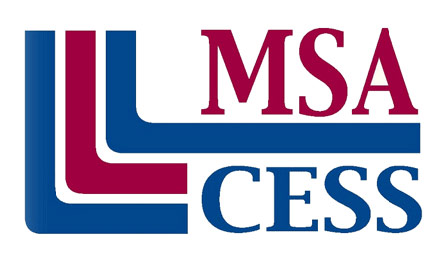This abbreviated article was written by Julie DeNeen, and as a Montessori educator I was struck by the fact that she was describing the advantages of a Montessori Education without ever mentioning the word Montessori.
Ms. DeNeen states, “The benefits of self-learning are well documented. Just look at all the advantages an independent learner takes away from their own education.”
1. Learn how to learn.There is a difference between regurgitating materials on an exam vs. understanding the process of learning. Students who aren’t given the opportunity for independent learning don’t acquire the skill of HOW to learn and how to examine a principle from multiple angles. The teacher stands in the way of the student’s natural curiosity.
2. Independent learning focuses on the process and not simply the goal.The process of learning is an exciting adventure that can be interrupted when the primary focus of the classroom is on the goal. We can learn from famous inventors whose failure in the process became the seed for amazing success down the road.
3. Flexibility for different levels of intelligence. Not every student is going to work at the same pace. A facilitator in the classroom can oversee the environment so that each student can work at their own pace and timing.
 4. Independent learning includes time management and other life skills. Traditional classroom environments can hamper a child’s ability to function in the real world where deadlines, distractions, and other obstacles are in the way. Bosses on the job don’t act like teachers.
4. Independent learning includes time management and other life skills. Traditional classroom environments can hamper a child’s ability to function in the real world where deadlines, distractions, and other obstacles are in the way. Bosses on the job don’t act like teachers. 5. Passion and curiosity cement learning. Can you imagine the difference in motivation if you allowed a student to research a topic that truly piqued his or her interest?
6. Internal satisfaction.The world isn’t going to cheer us all on always. When things get tough, those who don’t quit are the ones who are determined to rely on their own sense of satisfaction and not someone patting them on the back. Students who have a facilitator rather than a teacher will come to depend on themselves for a job well done.
7. Independent learners are more aware of their own strengths and weaknesses. A weakness is only as dangerous as the level of ignorance the person has about it. Independent learning forces students to grapple with both their strengths and weaknesses through the educational process.
8. Students learn how to educate others.If a facilitator invites the student to plan the lesson, then he or she is also learning about how to teach someone else.
9. Students can self-critique more effectively. When the process is part of the goal, failure isn’t quite so scary. When the fear of failure disappears, it is much easier to learn the art of self-critique.
10. Resourcefulness. Learning is not always a straight path. Oftentimes it is a messy walk in the woods with a lot of detours. Independent learners are ready and capable of navigating the process…
Submitted by Colette B. Cross



